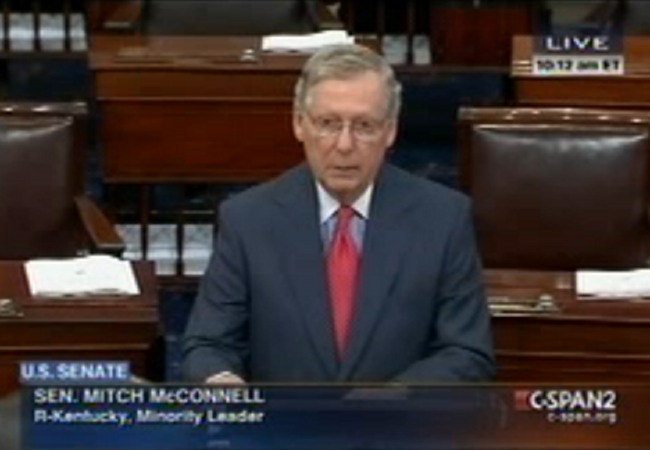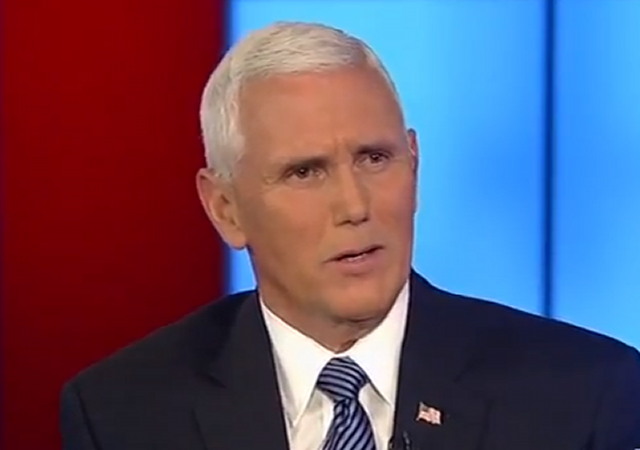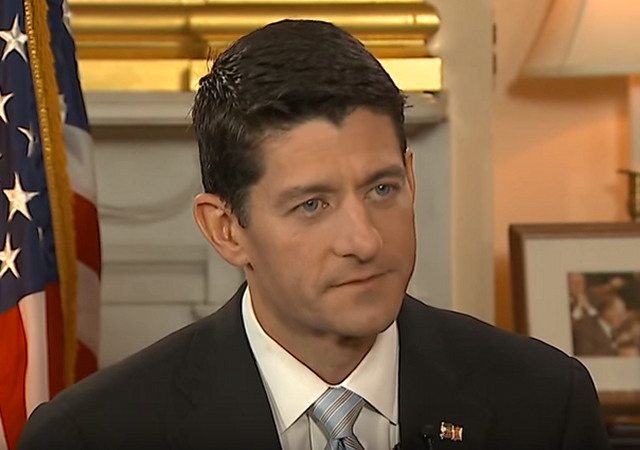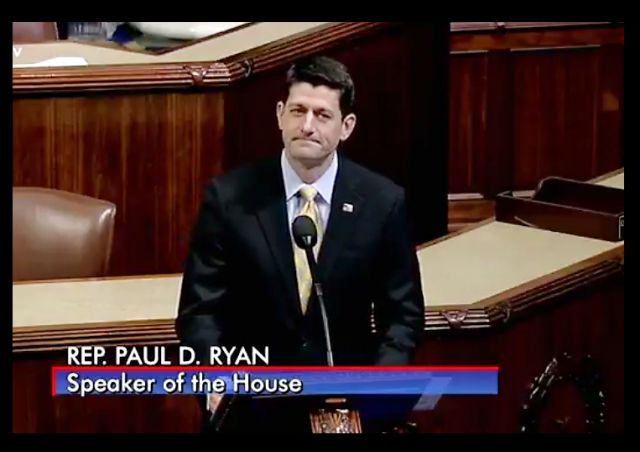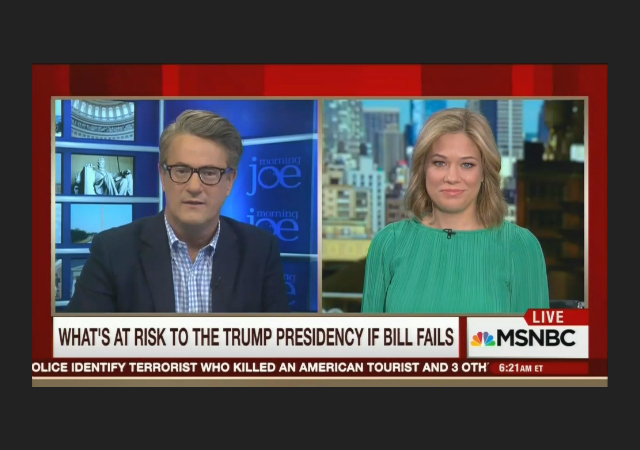Here’s What’s Changed in the Senate GOP’s Revamped Health Care Bill
on July 13, 2017
21 Comments
Thursday, the Senate Budget Committee released a revamped version of the Better Care Reconciliation Act, or the Senate's version of the AHCA.
The Senate GOP's first attempt (in this round of discussions) at the BCRA was met with mehs and groans across the caucus. A small contingent of conservative Senators opposed the bill saying it did little to repeal Obamacare. More moderate Republicans expressed concern over the bill's promise to eventually cut Medicaid. And others advocated for scrapping the whole bill for a clean Obamacare repeal.

